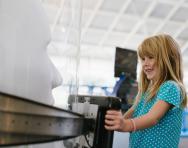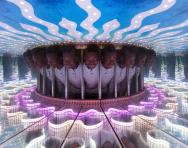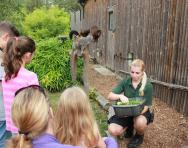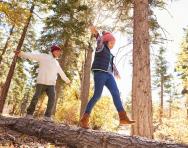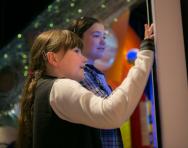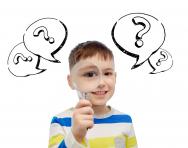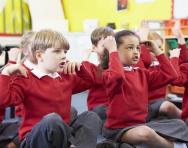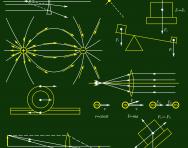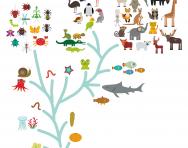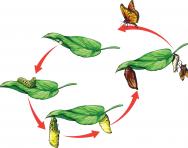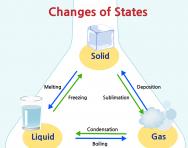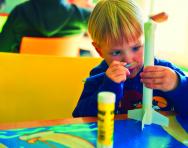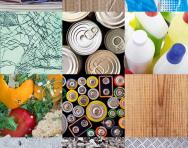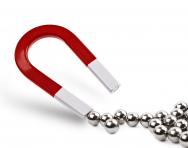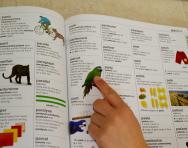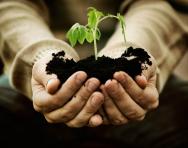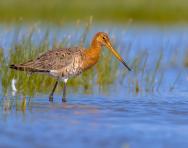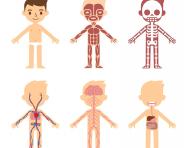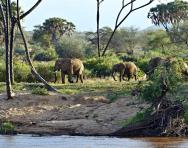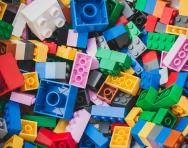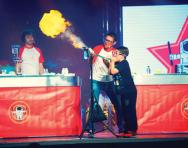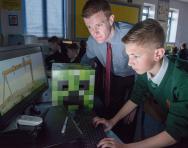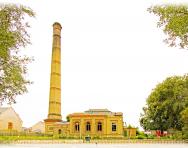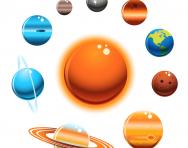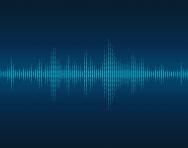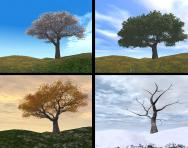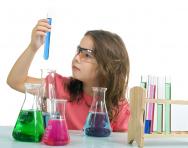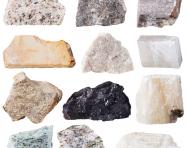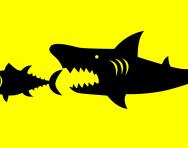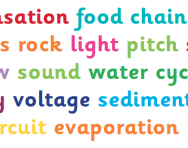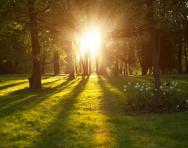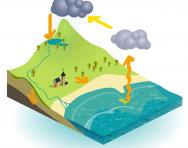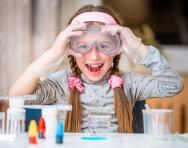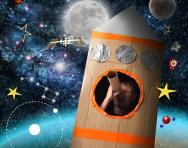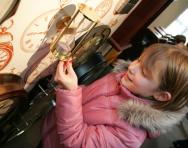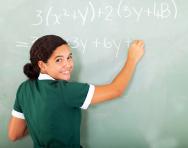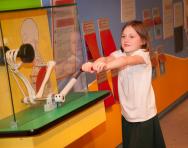Science articles
Museums reviewed by parents: Winchester Science Centre
Hands-on science at its best, Winchester Science Centre and Planetarium offers an experiment-packed day out for the whole family. We review what's on offer for pint-sized scientists and their accompanying grown-ups.
Museums reviewed by parents: Science Museum London
Contemplate the awe-inspiring complexity of life and human scientific achievement at London's Science Museum, one of the world's leading attractions. There's something for the whole family to enjoy, from toddlers to teens, and the addition of the new Wonderlab permanent gallery for kids makes it a must-visit destination. On your marks, get set... wonder!
Museums reviewed by parents: Howletts Wild Animal Park
Watch lemurs leaping over your head, come face-to-face with a family of gorillas or even have a quick clamber through the treetops – there's a world full of animal magic to discover at Howletts Wildlife Park in Kent for parents and primary-school children alike.
Best science fiction books for children
It's science fiction, but not as we know it... Introduce your child to quantum physics, open their eyes to the vastness of the universe, help them experiment with the elements of the periodic table and give them the confidence to explore their own scientific ideas with our pick of the best kids' fiction about science and our world.
Best science books for children
Bring science concepts from evolution to magnetism and atomic energy to life for primary-school children with our pick of the best non-fiction science titles for kids. Fact-packed and fun-packed, these books will engage and entertain kids (and parents!) as well as explaining the building blocks of physics, chemistry, biology and engineering.
What is forest school?
Taking children out of the classroom and into the great outdoors, forest school is growing in popularity – but what does it actually involve?
Museums reviewed by parents: National Space Centre
The National Space Centre is a day out that the whole family will enjoy; it’s a fun, interactive and accessible way to learn about the universe we live in. Just don’t be surprised if you leave with a budding astronaut or two!
6 ways to make science fun for kids
Science may be one of the most hands-on subjects at school, but making it accessible isn’t always easy. We asked the experts how to channel your child's natural curiosity into a life-long interest in the world around us and how it works.
Best learning songs
Could songs and music help your child learn and remember English, maths and science facts? We pick our favourite learning songs, covering everything from adverbs and angles to onomatopoeia and photosynthesis.
What is a force?
Without forces our world would be silent and immobile. We explain what children learn about forces in Year 3 and Year 5 in the primary-school classroom, and how you can support their learning with hands-on activities and experiments at home.
What are adaptation and evolution?
Children study animal and plant adaptations and evolution in Key Stage 2 science. Find out how children learn about adaptation and the theory of evolution in the primary-school classroom in our parents' guide.
What is a life cycle?
All living things have life cycles; animals produce offspring and plants produce seeds which germinate into new plants. Find out what your child learns about life cycles in the primary-school classroom, plus easy ways to support their learning at home.
What are states of matter?
Matter makes up our physical universe. In primary school children learn about the matter on Earth, which exists in one of three main states: solid, liquid or gas. We explain what your child is taught about states of matter in KS2 science.
Butlin’s Astonishing Family Science Weekend reviewed by parents
Butlin’s new Astonishing Family Science Weekends are designed to give children aged six to 14 a taste of how science works in everyday life. Lucy Dimbylow visited the Bognor Regis resort with her children Tom, 10, and Katie, 5.
What are materials?
Metal, plastic, wood, glass... just some of the materials we use to make the things that surround us. Find out what your child will be taught about materials and their properties in KS1, then try some hands-on activities to support their learning at home.
What are magnets?
Magnets, poles, magnetic fields and magnetism... Find out about the terminology your primary-school child will be using in the classroom and try some hands-on activities to support learning about magnets at home.
Best reference books for children
Reference books and dictionaries offer us information that's accurate, well researched and beautifully presented and are invaluable when you're working on a homework project. From atlases to dictionaries and encyclopedias, we recommend some of the best English, maths, science, history and geography reference books for primary-school children.
Learning about plants in primary school
From the parts of a plant to the seed cycle, water transportation and photosynthesis, children learn lots about the living things around us in primary school. Find out what is taught when in the primary classroom in our parents' guide.
Learning about animals in primary school
Carnivores, herbivores and omnivores; vertebrates and invertebrates. Your child will learn about animals and their classification in primary school. We explain what they will find out about amphibians, birds, fish, mammals and reptiles.
Learning about the body in primary school
At primary school children learn about the senses, the human skeleton, teeth and their function, the digestive system, puberty, the circulatory system and more. Find out what they'll be discussing in the classroom when and how you can support their learning at home.
What is a habitat?
Children are introduced to all kinds of habitats in primary school, from arid deserts to lush rainforests and vast oceans. Find out what your child will learn in primary-school science and how you can support your child's learning at home.
Learning through LEGO
Is your child obsessed with LEGO? Here’s how it could give their learning a boost.
The best science days out for families
Looking for a great day out that's educational, too? Inspire your budding scientist with a trip to one of these brilliant, hands-on UK science centres.
Learning through Minecraft
You may think it’s just another video game – albeit a particularly addictive one – but Minecraft could have educational benefits too…
Museums reviewed by parents: Cambridge Museum of Technology
The Cambridge Museum of Technology is a fascinating, hands-on look at how things work for all ages, within easy distance of the historic centre of Cambridge. Our review for parents explains what the museum has to offer for families.
What is electricity?
Circuit, cell, bulb, switch... Find out about the electrical terminology your primary-school child will be using in the classroom and try some hands-on activities to support learning about electricity at home.
Learning about space in primary school
Find out what children learn about space and our solar system at primary school with our guide for parents, and get some ideas about how to support your child's astronomical learning at home.
What is sound?
Understand what your child learns about sound and pitch in primary-school science and support their learning at home with hands-on activities and investigations.
What are seasons?
Savour the seasons with your primary-school child by reinforcing what they learn about autumn, winter, summer and spring in KS1 with at-home activities.
What is a fair test?
Understand what is meant by 'fair test' in primary-school science and organise your own child-friendly investigations at home to help your child practise this concept.
What are igneous, sedimentary and metamorphic rocks?
Do you know the difference between igneous, sedimentary and metamorphic rocks? Find out what your child will be taught in KS2 science and how you can support their learning about geology at home.
What are food chains and food webs?
A food chain is a diagram that shows us how animals are linked by what they eat; in food webs we represent the links between animals who eat or are eaten by more than one kind of animal. We explain how children learn about food chains in the primary-school classroom in our guide for parents.
Primary science glossary for parents
From condensation to the water cycle, TheSchoolRun's primary-school science glossary offers a complete guide to all the concepts children are taught in EYFS, KS1 and KS2 science. Brush up on your own science knowledge, clear up homework confusion and understand exactly what your child is learning at school by reading our basic definitions (with links to more detailed explanations, teachers' tips and examples).
What is light?
Light, reflection and shadows are all part of primary-school science. Find out how children learn about light and how you can support your child's science learning at home in primary-school teacher Catherine Casey's guide for parents.
What is the water cycle?
What is the water cycle and how will children learn about it in geography and science at primary school? We explain the terminology parents need to know and give examples of learning activities completed in the classroom.
Best science sets for children
Looking for ways to encourage your child's interest in the world around them? These learning-through-play sets are perfect for budding scientists, allowing them to get hands-on and experiment with simple physics, meteorology, geology, anatomy, mechanics and more.
Creativity in primary science: to infinity and beyond
Is your child fascinated by the world around them, from the earth to the stars? Do they blast off from the kitchen table and explore Mars in a den made from sofa cushions? Bryony Turford, primary teacher and director of STEAM Education for the Astro Science Challenge, shares her tips for making science come alive and encouraging children to explore science-based subjects away from the classroom.
Museums reviewed by parents: Down House
Down House, the family home of Victorian scientist Charles Darwin, offers a unique insight into one of the world's greatest thinkers. Visit to stand in the study where Darwin wrote 'On the Origin of Species', stroll through beautiful gardens and find out more about the theory of evolution. Our family testers share their tips for a great day out in rural Kent.
Science, technology, engineering and maths for girls
As STEM industries consider how to combat a future skills shortage, could your daughter one day become an expert in the field?
Museums reviewed by parents: Thackray Medical Museum
Explore past (and future!) medical treatments and procedures, get a glimpse of life in Victorian England, get hands-on with oversized body parts and find out how humans work, all at the Thackray Medical Museum in Leeds. Our family testers share the highlights for parents and children.
